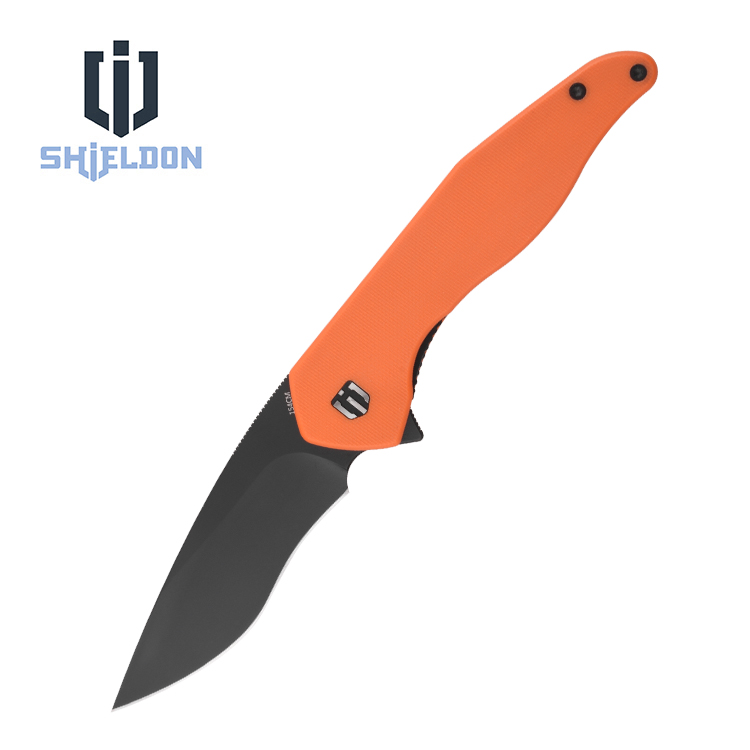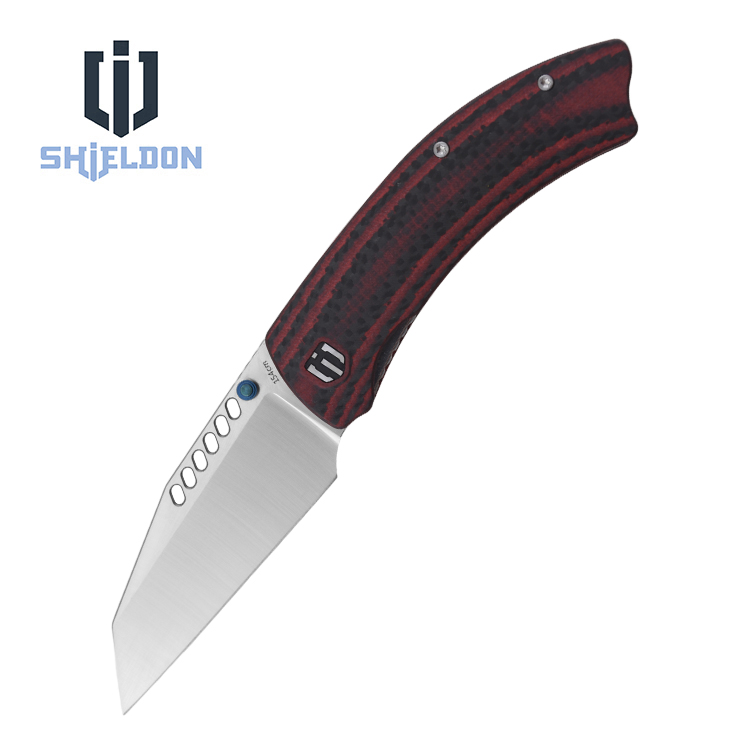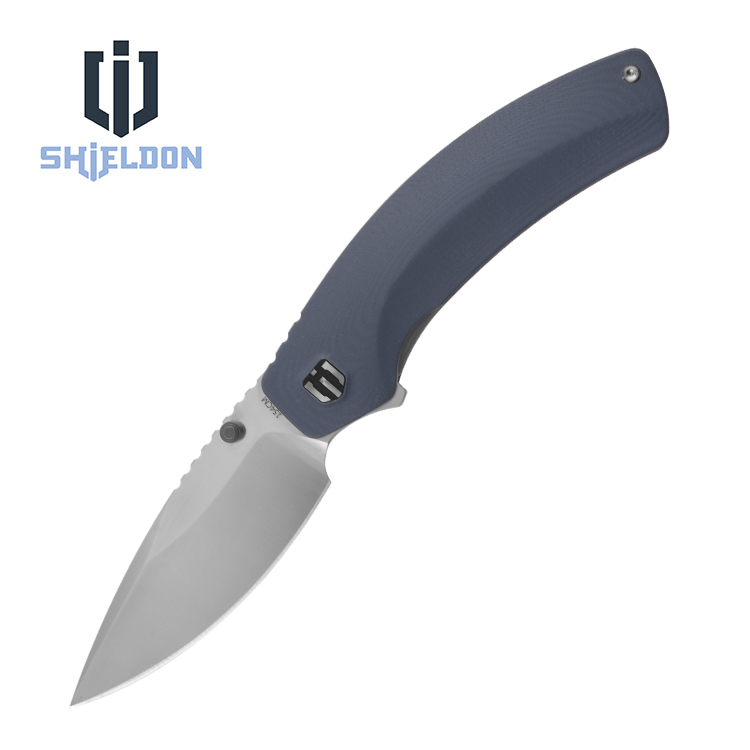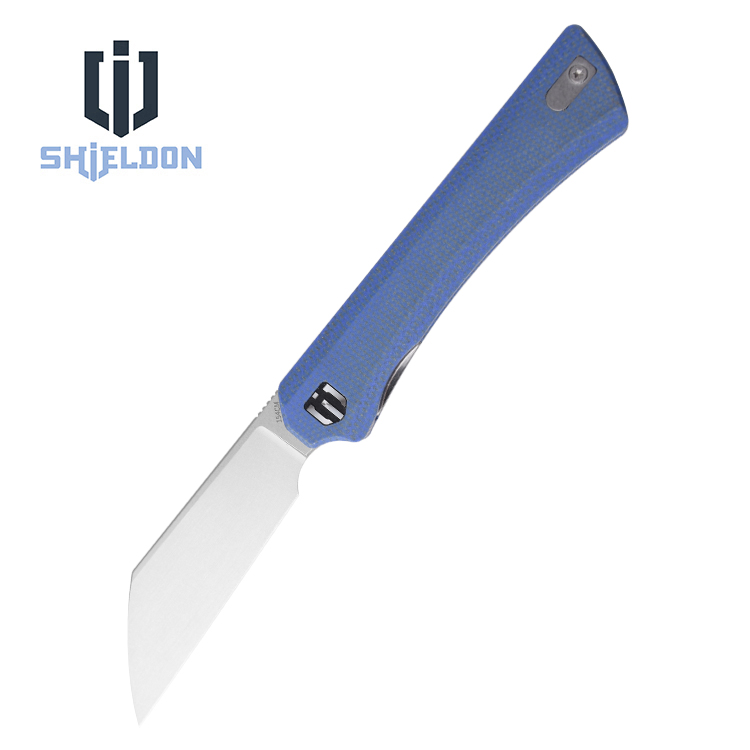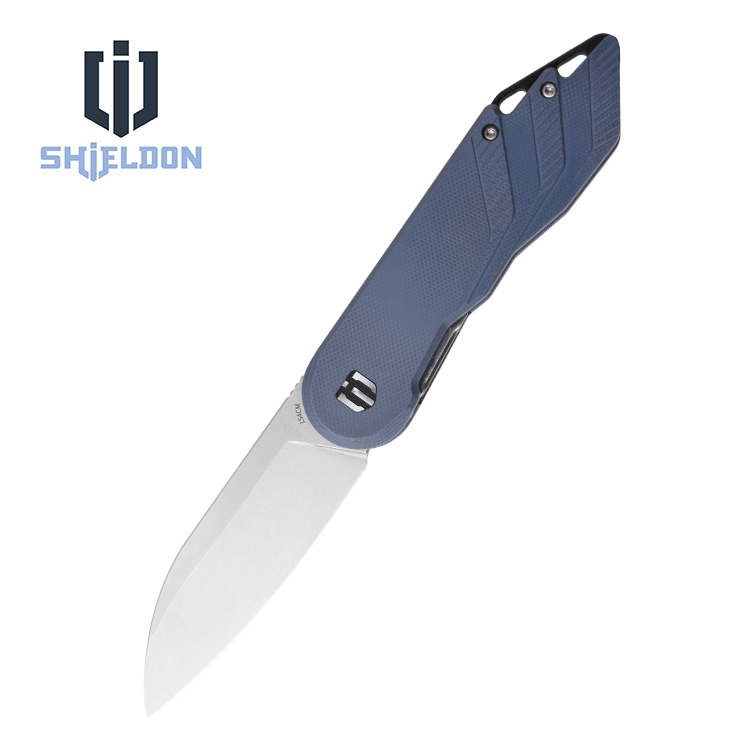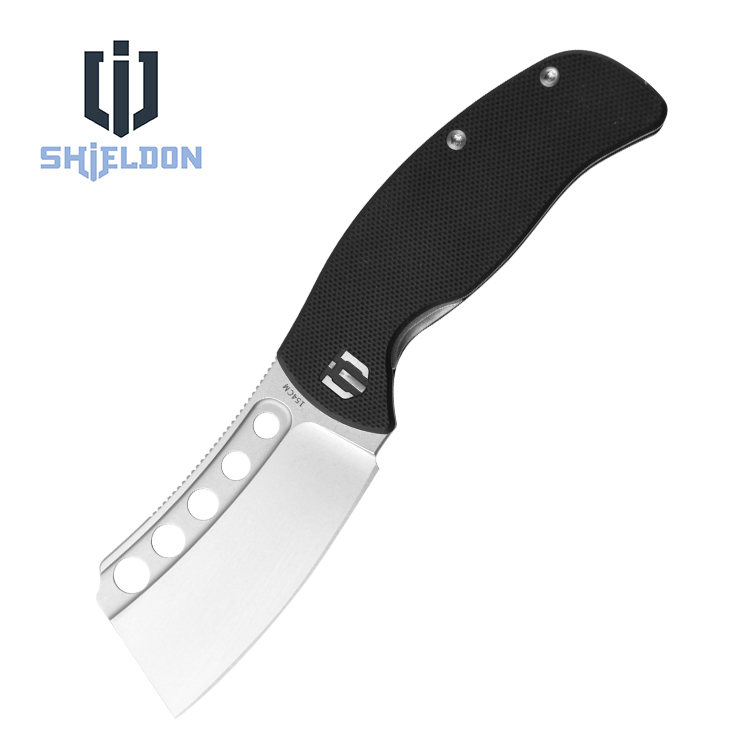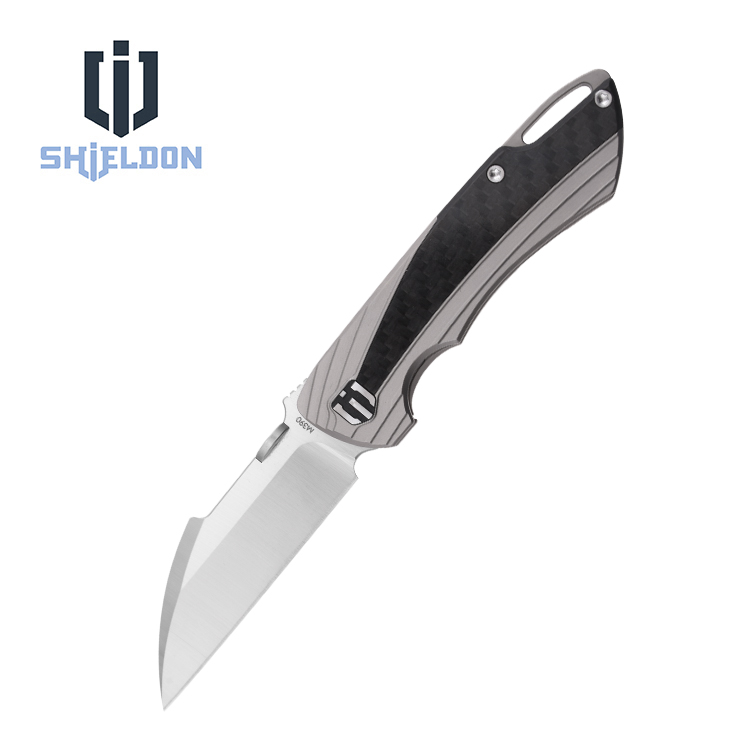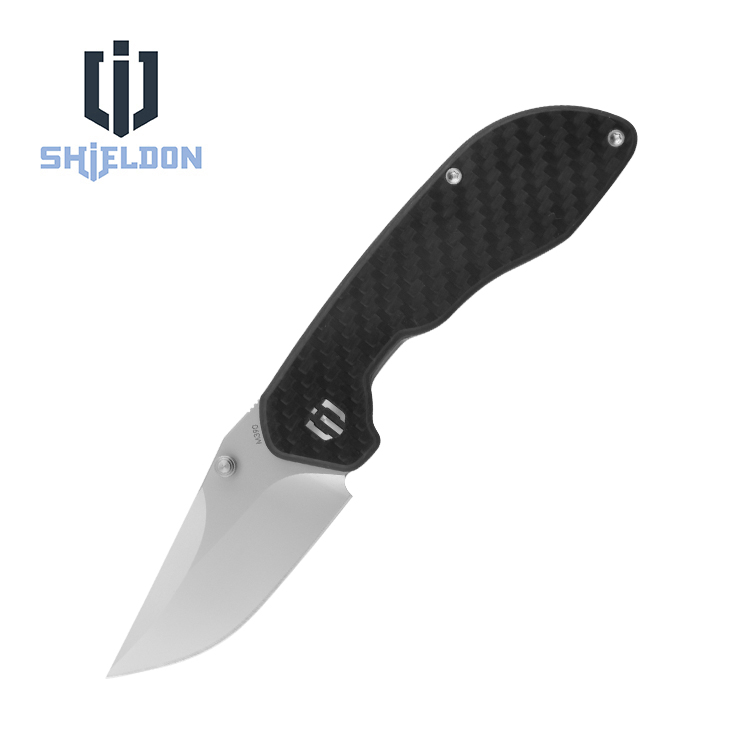Understanding the laws about carrying knives in Florida is important to ensure you stay within the law.
These laws can differ for fixed knives and folding knives, so knowing what is allowed can help you avoid legal problems.
Florida’s knife laws are more lenient than most states, but if you want to own, buy, sell, or carry a knife, it’s essential to understand these laws. If you encounter issues with Florida knife laws, consult a skilled criminal defense lawyer.
This guide aims to give you clear and simple information about the rules for carrying both types of knives in Florida.
Overview of Florida Knife Laws
Florida has specific laws about knives, covering what kinds can be owned, how they can be carried, and for what purpose.
According to Florida Revised Statutes Section 790.06, owning most types of knives, including pocket knives, butterfly knives, and even automatic knives, is allowed.
However, carrying a knife openly is different from carrying one concealed. You can generally openly carry knives with blades shorter than four inches.
But for concealed carry, you need a permit if the blade is longer than four inches. Without this permit, carrying a concealed knife might lead to a felony or misdemeanor.
The only exception is for pocket knives, which can be carried concealed without a permit. Understanding these laws is important for anyone in Florida who wants to carry a knife.
State and federal knife laws can sometimes differ, but it is important to follow both. Federal laws set the baseline, which all states must meet, but states can create stricter laws if they choose.
In Florida, the state laws are more lenient than in many other states.
However, you must still comply with federal regulations, especially when it comes to carrying knives across state lines or on federal properties. Always check both state and federal laws to ensure you are in full compliance.
Fixed Blade Knife Laws in Florida
In Florida, fixed-blade knives, such as kitchen knives and hunting knives, have blades that do not fold into the handle.
These knives often come with a sheath for safety. It is legal to own and openly carry a fixed-blade knife in Florida.
For example, you can carry a hunting knife on your belt in its sheath without any issues. However, if the blade is longer than four inches and you want to carry it concealed, like inside a bag or under clothing, you must have a concealed carry permit.
Without this permit, carrying a concealed fixed-blade knife longer than four inches is illegal.
Folding Knife Laws in Florida
In Florida, folding knives, such as common pocketknives, have specific laws governing their possession and carry.
A key case in 1997, L.B. v. State of Florida, involved a minor carrying a pocketknife with a 3¾-inch blade at school.
The Florida Supreme Court ruled that this knife was a “common pocketknife,” meaning it is a type of knife frequently seen in the community, with a blade that folds into the handle and can fit in a pocket.
The court referred to a 1951 Attorney General opinion stating that pocketknives with blades four inches or shorter are considered “common.”
Therefore, in most cases, pocketknives with blades up to four inches are legally permissible to carry, including on school grounds.
However, pocketknives with blades longer than four inches are not automatically considered “common” and may face stricter regulations.
Concealed Carry Knives Laws in Florida
In Florida, the laws for carrying concealed knives are designed to balance personal safety with public security.
Unlicensed individuals can carry a common pocketknife concealed, but only if the blade is four inches or shorter.
The Florida legislature has not restricted automatic knives, like switchblades, which have been common in the U.S. since the early 1900s. For licensed individuals, carrying concealed knives, including those with automatic features, is permitted.
However, carrying any concealed knife with a blade longer than four inches requires a concealed weapon permit.
Concealed knives are prohibited on specific properties like schools and courthouses.
Violating these laws can result in serious consequences, such as a first-degree misdemeanor, which can lead to up to a year in jail, a fine of up to $1,000, and probation.
Military personnel and veterans with honorable discharges are exempt from these permitting requirements.
Carrying Knives in Specific Locations in Florida
In Florida, carrying knives is regulated differently based on the location. It’s illegal to give a knife to anyone under 18 or to someone who is not mentally sound.
Knives cannot be carried on school grounds, and this includes both students and visitors.
Open carry of knives is also prohibited in many public places where weapons are not allowed, such as police stations, airports, and government buildings.
Additionally, some cities in Florida have their own specific rules about carrying knives, so it’s important to check local ordinances.
Overall, while Florida allows for the ownership and carrying of many types of knives, there are strict rules about where you can have them.
Display and Sale of Knives
There are clear rules about displaying and selling knives to keep everyone safe in Florida.
Firstly, it is illegal to sell or give any knife, apart from a simple pocket knife, to anyone under 18 years old.
For example, selling an automatic knife to a minor is against the law. This means you cannot sell or give a butterfly knife, hunting knife, or any other specialized knife to someone under 18.
If you are selling knives online, you should always check the age of the buyer to make sure they are old enough.
This is important because selling a knife to a minor, even by mistake, can lead to legal trouble. In one particular case, a minor was found delinquent because they received an automatic knife illegally.
Additionally, sellers need to follow both state and local laws. Some cities in Florida might have their own rules about how knives can be displayed in stores or sold. Always check these local ordinances to ensure compliance.
When it comes to displaying knives in a store, they should be shown safely to prevent any accidents.
For example, using glass cases to display knives can help keep them out of reach of children. It’s also a good idea to place warning signs to inform customers about the age requirement for purchasing knives.
Self-Defense and Knives in Florida
In Florida, you can use knives for self-defense, but there are important rules you need to know. Most knives can be carried openly, but some places like schools and government buildings do not allow them.
When it comes to carrying a concealed knife, the law is strict. You can only carry a common pocket knife without a permit. If you want to carry any other type of knife concealed, you must have a license.
Knives, as well as pepper spray, Tasers, and stun guns, are common for self-defense. It’s very important to use these tools responsibly and within the law. If you use a knife to protect yourself, you must believe you are in real and immediate danger.
Always be careful to stay within these rules to make sure you are following Florida’s laws on self-defense.
Case Studies and Common Questions
Case Study: Bunkley’s Pocketknife Conviction
Petitioner Bunkley was arrested with a pocketknife with a 2½- to 3-inch blade. He was charged with first-degree burglary, leading to a life sentence because the knife was considered a “dangerous weapon” under Florida law.
However, Florida has long exempted the “common pocketknife” from its weapons statute. In 1997, the Florida Supreme Court clarified this exception, including pocketknives with a 2½- to 3-inch blade.
Bunkley argued that his conviction was invalid based on this interpretation. Despite this, his motion for relief was denied, claiming the interpretation didn’t apply retroactively.
The Supreme Court disagreed, citing a similar case where due process required a retroactive review.
They ordered the Florida Supreme Court to assess if Bunkley’s pocketknife fit within the “common pocketknife” exception at the time of his conviction.
Case Study: Minor’s Knife Possession on School Property
A minor was convicted of possessing a weapon on school property after being found with a folding knife with a 3¾-inch blade.
The trial court determined the knife was too large to be a “common pocketknife,” making it a weapon under Florida law.
However, on appeal, the Second District ruled the statute defining “weapon” was unconstitutionally vague as it excluded “common pocketknives.”
They argued that penal statutes must be clear to ordinary people and not encourage arbitrary enforcement.
The court decided that letting the jury determine if a pocketknife was a weapon was unclear and confusing for citizens.
Instead of rejecting the whole statute, the district court took out the term “common pocketknife” from the “weapon” definition to align with legislative intent and constitutional standards.
This case shows the need for clear legal definitions and the judiciary’s role in fine-tuning laws to meet constitutional requirements.
Frequently Asked Questions about Florida Knife Laws
Is it legal to carry a fixed-blade knife in Florida?
Yes, you can carry a fixed-blade knife in Florida, but there are some rules to follow. If you want to carry the knife openly, like on your belt in a sheath, that’s allowed.
However, if you want to carry the knife in a way that is not visible, you’ll need a permit if the blade is longer than four inches.
This is because Florida’s concealed carry laws apply to knives with blades over four inches. Always make sure to check local laws as well, since some cities might have their own specific rules about carrying knives.
What are the legal restrictions on carrying a folding knife in Florida?
In Florida, legal restrictions on carrying a folding knife are based on the definition of a common pocket knife from the 1997 case, L.B. v. State of Florida.
A common pocket knife is a folding blade knife that can be manually opened with a thumb or finger.
In 1951, the attorney general determined that a common pocket knife has a blade length of four inches or less, a definition that remains unchanged.
Therefore, in Florida, you can carry a folding knife or a tool like a Swiss Army Knife without a concealed carry permit if the blade is under four inches. If the blade exceeds four inches, unlawful concealed carry laws apply.
Is it legal to carry a concealed knife in Florida?
Yes, it’s legal to carry a concealed knife in Florida, but you need a permit. Knives are considered weapons, so the same regulations for concealed carry apply as they do for firearms.
Exemptions exist for pocket knives, but anything beyond that requires a permit from the Florida Department of Agriculture and Consumer Services (FDACS).
Violating these laws can result in serious penalties, including jail time and fines.
Is a concealed carry permit required for knives in Florida?
In Florida, the legal requirements for carrying knives, especially concealed ones, are stringent and vary by knife type.
Common pocket knives are exempt from concealed carry permitting, but other knives deemed deadly weapons require a permit issued by the Florida Department of Agriculture and Consumer Services (FDACS).
This permit involves a detailed application process, including identification, a firearms training course if needed, and background checks.
Where is it illegal to carry a knife in Florida?
Prohibited areas include establishments that serve alcohol, law enforcement stations, prisons, jails, and detention centers.
These restrictions ensure public safety and prevent potential harm where weapons could be risky.
Legal Updates and Changes in Florida Knife Law
In recent years, Florida has updated its knife laws to clear up ambiguities and better align with constitutional standards.
One key change is the ongoing debate over the “common pocketknife” exception, as courts frequently define its scope and application.
Legislators have also focused on clearer guidelines for carrying fixed-blade and concealed knives, especially in sensitive areas like schools and government buildings.
These updates highlight the importance of staying informed about local regulations, as violations can lead to serious legal consequences. To ensure compliance, always check the latest state and local laws or consult legal experts in weapon laws.
Conclusion
In summary, understanding and adhering to Florida’s knife laws is crucial for avoiding legal complications.
Key points include the clear definitions surrounding “common pocketknives,” the necessity for permits when carrying certain concealed knives, and the prohibited areas where knives cannot be carried.
Compliance with these regulations is essential to ensure safety and legality.
Shieldon, a leading knife manufacturing company, offers OEM services that emphasize quality and reliability.
Whether you need custom knife designs or bulk manufacturing, Shieldon’s expertise guarantees superior products that meet both legal and practical requirements.

